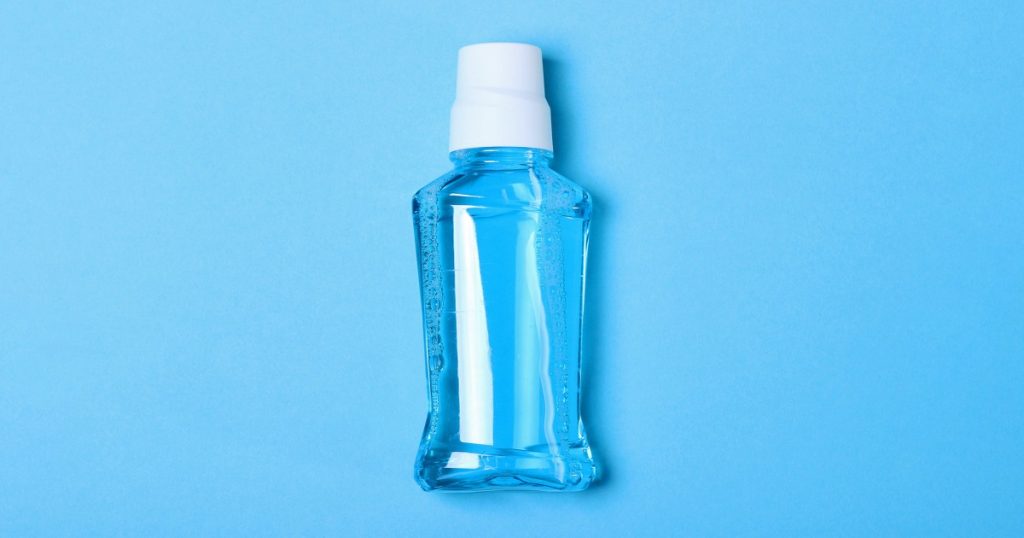When it comes to choosing the right mouthwash, it can be overwhelming due to the sheer number of options available on the market. Dr. Sheila Yaghmai suggests speaking with a dentist or dental hygienist to determine if mouthwash is necessary and which type would be most beneficial. Dr. Ruchi Sahota emphasizes the importance of using existing tools correctly before considering adding new ones to address concerns like bad breath or teeth stains. Seeking professional guidance before purchasing mouthwash is essential to ensure it aligns with individual needs and goals.
Therapeutic mouthwashes are designed to address specific oral health issues such as preventing cavities or reducing symptoms of gingivitis. Look for the ADA Seal of Acceptance on the bottle, which ensures that the product’s health claims have been independently verified. For cavity prevention, fluoride-containing mouthwashes are recommended as they remineralize weakened enamel, preventing new cavities from forming. Antiseptic mouthwashes can help reduce plaque and gingivitis by killing bacteria that contribute to these issues, while fluoride-containing mouthwashes can still be beneficial for those with gum problems.
Bad breath can be caused by poor oral hygiene or bacterial overgrowth, making it important to choose a mouthwash containing antimicrobial ingredients to address the root of the issue. Cosmetic mouthwashes provide temporary freshening effects but do not target oral health concerns like cavities or gum disease. Whitening mouthwashes containing hydrogen peroxide can help whiten teeth, while those with carbamide peroxide may also be used for whitening. It’s essential to choose a mouthwash that aligns with individual needs and goals to effectively address oral health concerns.
Alcohol-containing mouthwashes provide an added level of effectiveness, especially when essential oils are present in the formula. However, alcohol-free options are recommended for children or individuals with substance use issues due to safety concerns. Alcohol in mouthwash may also alter the oral microbiome and potentially increase the risk of oral cancers, although research is ongoing. Using mouthwash properly involves incorporating it into a daily oral hygiene routine that includes brushing with fluoride toothpaste and flossing. Following the instructions on the bottle and seeking guidance from a dentist can ensure optimal results.
Overall, selecting the right mouthwash involves considering individual needs and goals related to oral health concerns. Seeking guidance from a dental professional can help determine the most effective type of mouthwash to address specific issues such as cavities, gum disease, bad breath, or teeth whitening. By understanding the benefits of different ingredients and types of mouthwashes, individuals can make informed decisions to improve their oral hygiene and overall dental health.


